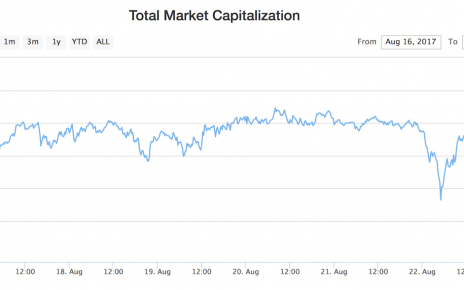The Securities and Exchange Commission of the Philippines announced a few days ago it would soon be creating a legal frame to regulate the cryptocurrency transactions in the country. The new measures will be introduced by the end of this year.
The new regulatory measures will be introduced to protect the cryptocurrency users from frauds related with digital currencies, such as the pyramidal schemes, investment clubs and companies that make false promises to launch a revolutionary cryptocurrency that is never launched.
Emilio Aquino, the Director of the Securities and Exchange Commission, said the regulations will be ready this year: “We need to act when it comes to the initial coin offerings (ICO). The ICOs have proliferated during last year and the Philippines would like to create its own regulation set. We need to be careful when it comes to the protection of the investors.”
The regulations of the ICOs will include cybersecurity guides, eligibility of the issuing company in terms of its directors and the technology used, and the level of education of the investors. Every sale of tokens will need to be approved by the regulatory entity and the sellers without license will be investigated.
Since last year, the Philippines is considering regulating bitcoin as a financial asset, which would put bitcoin and other cryptocurrencies under established legal precepts. Furthermore, the central bank of the Philippines started issuing licenses for operators of commercial activities that involve bitcoin.
Asia is leading the global initiatives for the regulation of the cryptocurrencies. Many countries, such as South Korea and China introduced certain prohibitory measures towards the cryptocurrencies and ICOs, while Thailand and Singapore issued warning to the investors when it comes to investing in the cryptocurrency ecosystem. Thailand is also considering regulating the ICOs in the country in the near future.
South Korea could begin to sanction the companies and individuals who invest in ICOs abroad.
In China, there are strict regulations towards the ICOs, but the authorities maintain the stance that the prohibition of the initial coin offerings is not affecting the development of the blockchain technology. It seems the Chinese government is more interested in the development of this technology than in the development of the cryptocurrencies as innovative financial assets.




